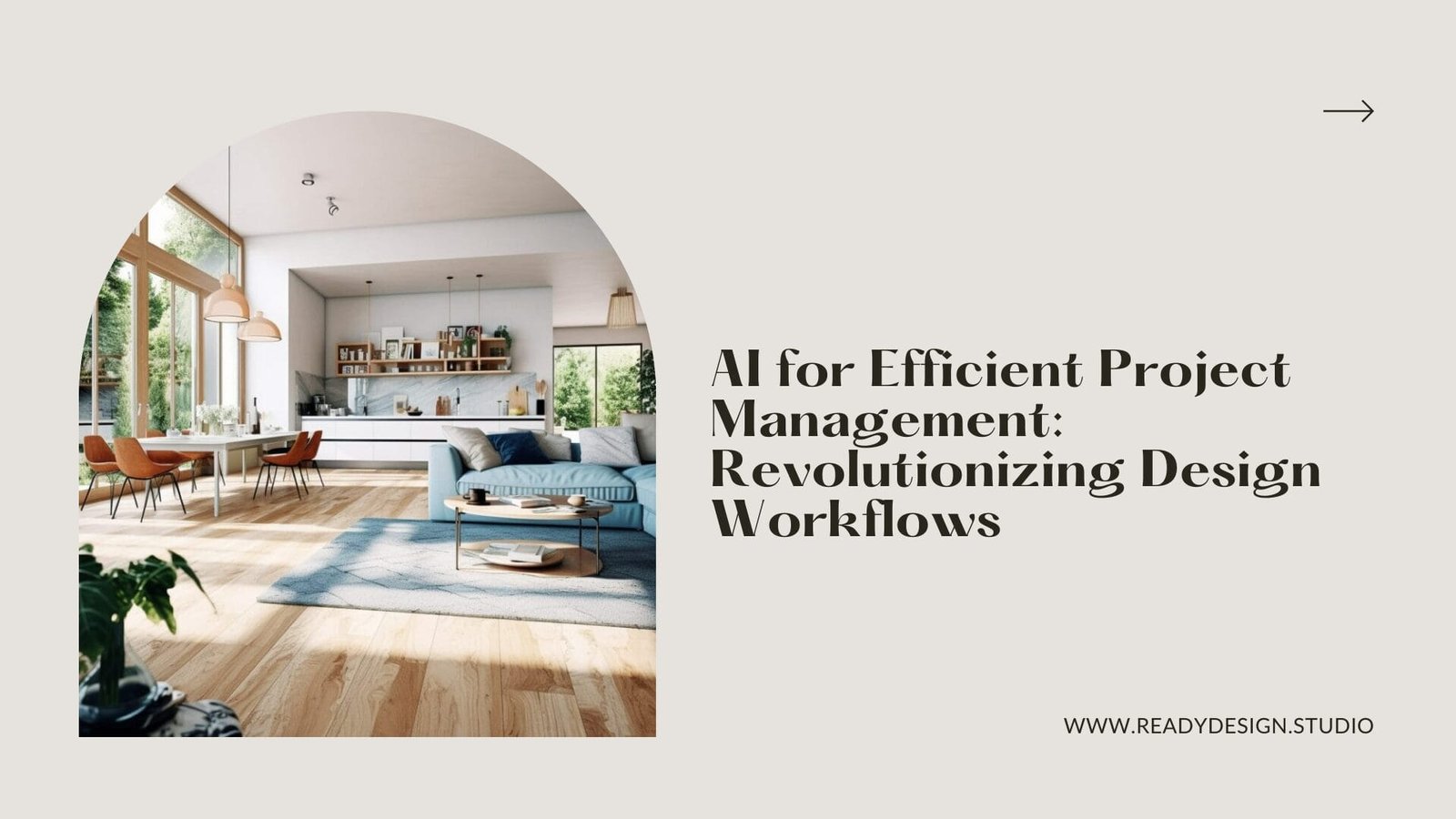AI for Efficient Project Management: Revolutionizing Design Workflows

In the fast-paced world of design, managing multiple projects efficiently is a crucial yet challenging task. As a seasoned expert in digital design and business automation, I have witnessed firsthand how Artificial Intelligence (AI) is transforming project management, making workflows smoother and more effective.
The Challenges Designers Face
One of the biggest challenges for designers is juggling multiple projects while maintaining high standards of quality and creativity. Without a structured system, inefficiencies can lead to miscommunication, missed deadlines, and disorganized design files. This not only slows down project execution but also impacts overall client satisfaction. Additionally, traditional project management methods often require a significant amount of manual effort, from task delegation to tracking revisions and client approvals. These inefficiencies accumulate, leading to stress and a higher likelihood of errors.
How AI Simplifies Project Management
AI tools are revolutionizing project management by automating and optimizing essential tasks. Here’s how AI is making a difference:
1. Streamlined Communication
AI-powered chatbots and virtual assistants can handle routine client inquiries, schedule meetings, and provide real-time updates, reducing the need for constant manual intervention. This ensures that designers can focus more on the creative aspects of their work rather than administrative tasks. Additionally, AI-driven tools such as natural language processing (NLP) systems can transcribe meetings, summarize discussions, and even generate automated responses, improving clarity and efficiency in communication.
2. Smart Deadline Tracking
AI-driven project management software can predict potential delays by analyzing past project timelines and work patterns. These tools send automated reminders, suggest adjustments, and allocate resources efficiently to keep projects on track. Predictive analytics allows designers to proactively address potential bottlenecks before they become critical issues, ensuring that deadlines are met consistently.
3. Automated File Organization
Design projects often involve multiple files, revisions, and asset libraries. AI-driven organization tools can categorize, tag, and retrieve files instantly based on contextual searches, eliminating the hassle of manual sorting and misplacing crucial assets. Advanced AI can even track file dependencies and recommend optimized storage solutions to prevent version conflicts.
4. Intelligent Resource Allocation
AI analyzes workload distribution among team members and suggests the most efficient way to allocate tasks. This prevents burnout, improves productivity, and ensures that every team member is working within their optimal capacity. AI-driven project dashboards can dynamically adjust workloads based on changing priorities, client requests, and team availability.
5. Enhanced Collaboration
AI-powered collaboration platforms integrate seamlessly with design tools, allowing real-time edits, automated version tracking, and instant feedback loops. This minimizes confusion and enhances teamwork, even in remote settings. Additionally, AI can help bridge language barriers by providing real-time translation in multinational teams, ensuring seamless collaboration across different regions.
6. AI-Driven Insights and Decision Making
AI can process vast amounts of data from previous projects to identify trends, suggest improvements, and provide actionable insights. These insights help designers and project managers make informed decisions, refine their workflows, and optimize project efficiency. AI can also analyze client feedback and market trends to offer suggestions for better project outcomes and user satisfaction.
7. AI-Powered Risk Management
Project risks, such as scope creep or resource constraints, can derail even the most well-planned designs. AI can detect early warning signs of potential risks by analyzing historical data and providing recommendations to mitigate them. By identifying problems before they escalate, designers can stay proactive and adaptable.
The Future of AI in Design Project Management
As AI continues to evolve, its role in project management will only expand. Future advancements may include AI-driven design suggestions, real-time client preference analysis, and fully automated project planning. AI will likely become more intuitive, assisting designers in creativity rather than just efficiency. Embracing AI is no longer an option—it’s a necessity for designers who want to stay ahead in an increasingly competitive landscape.
By integrating AI into project management, designers can focus on what they do best—creating innovative and impactful designs—while AI handles the complexities of organization, efficiency, and optimization. As the field of AI advances, its integration into project management will become more seamless, unlocking even greater potential for designers worldwide.
